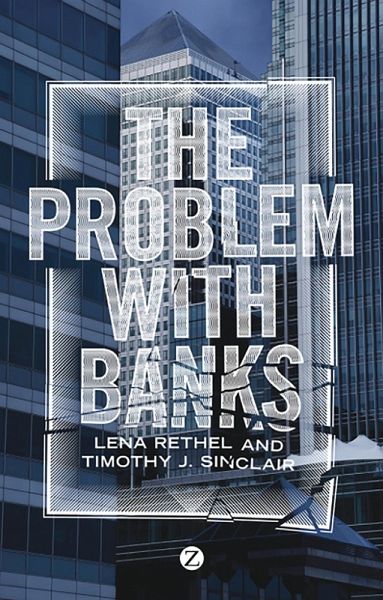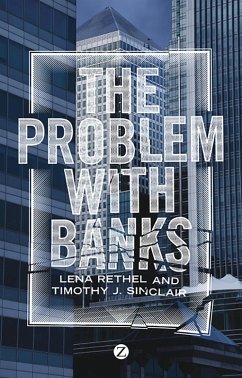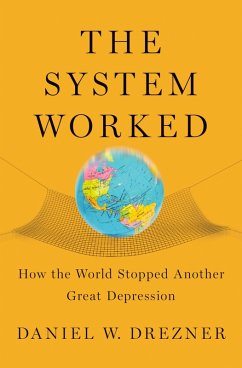
The Problem with Banks (eBook, PDF)
Versandkostenfrei!
Sofort per Download lieferbar
15,95 €
inkl. MwSt.
Weitere Ausgaben:

PAYBACK Punkte
8 °P sammeln!
Banks of all sorts are troubled institutions. The cost of public bail-outs associated with the subprime crisis in the United States alone may be as high as US$5 trillion. What is the problem with banks? Why do they seem to be at the centre of economic and financial turmoil down through the ages? In this provocative and timely book, Rethel and Sinclair seek answers to these questions, arguing that banks suffer from perennial problems, and that developments in the financial markets and government in recent decades have simply exacerbated these issues. The book examines banking activity in Americ...
Banks of all sorts are troubled institutions. The cost of public bail-outs associated with the subprime crisis in the United States alone may be as high as US$5 trillion. What is the problem with banks? Why do they seem to be at the centre of economic and financial turmoil down through the ages? In this provocative and timely book, Rethel and Sinclair seek answers to these questions, arguing that banks suffer from perennial problems, and that developments in the financial markets and government in recent decades have simply exacerbated these issues. The book examines banking activity in America, Asia and Europe, and how specific historical circumstances have transformed banks' behaviour and attitude to risk. While many see government as a constraint on banks, Sinclair and Rethel argue that what governments do in terms of regulation shapes banks and their motivations, as can be seen in the shortcomings of current reform proposals. Instead, more far-reaching, alternative ways of regulating and shaping banks are needed. A concise, essential overview of a pressing global issue.













